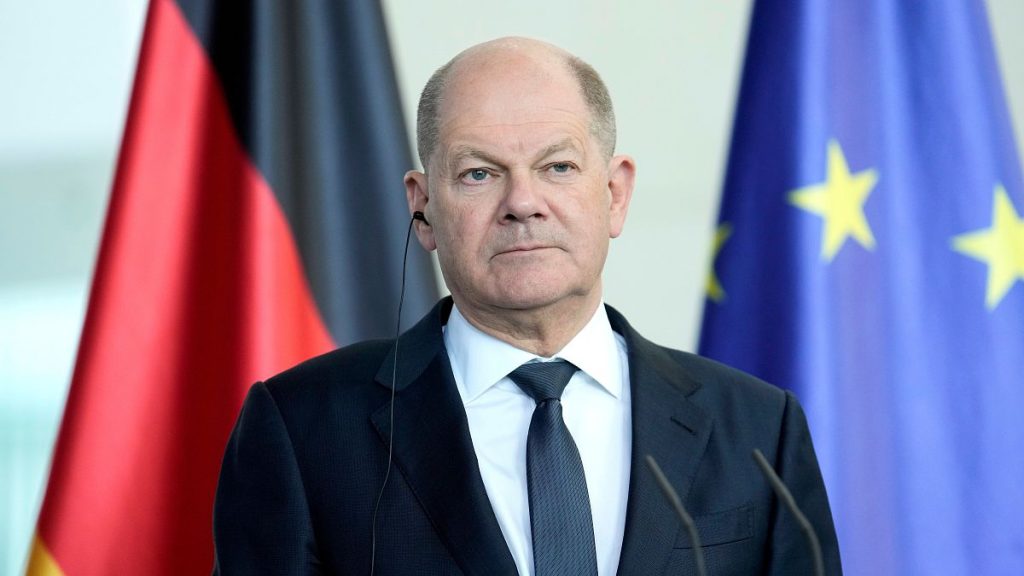More than 1,000 people participated in a demonstration in Hamburg, with some calling for the establishment of a caliphate and the imposition of Sharia law. German Chancellor Olaf Scholz has stated that there will be consequences following the large Islamist rally, which was linked to the extremist organisation “Muslim Interactive”. The German government is taking a firm stance against Islamist activities and is committed to prosecuting any criminal acts that arise from such demonstrations. Interior Minister Nancy Faeser made it clear that those advocating for a caliphate are not welcome in Germany.
Concerns have been raised about the lack of proper protection for Muslims and individuals perceived to be Muslims from discrimination in Germany. Human Rights Watch has criticized the German government for failing to have a working definition on anti-Muslim racism, which has resulted in Muslims experiencing racism rather than just faith-based hostility. It is believed that without a clear understanding of anti-Muslim hate and discrimination, as well as accurate data on incidents and community outreach, the German authorities will not be able to effectively address the issue. Hate crime statistics for 2023 have already recorded 686 “anti-Islamic” crimes by the end of September, surpassing the total number recorded for 2022.
The demonstration in Hamburg highlights the challenges facing Germany in addressing Islamist activities and protecting the rights of Muslim individuals. The government is under pressure to tackle extremism while ensuring that all citizens, regardless of their faith, are free from discrimination and hatred. The lack of a working definition on anti-Muslim racism is seen as a significant obstacle in effectively addressing the issue and providing adequate protection to Muslim communities in Germany. It is important for the authorities to understand the nuances of anti-Muslim hate and discrimination in order to develop a comprehensive response.
German Chancellor Olaf Scholz and Interior Minister Nancy Faeser have condemned the calls for a caliphate during the demonstration in Hamburg. The government is committed to prosecuting any criminal acts that arise from such activities and enforcing the laws to prevent extremism. It is crucial for Germany to have a clear understanding of anti-Muslim hate and discrimination in order to effectively address the challenges faced by Muslim communities in the country. The rise in “anti-Islamic” crimes in 2023 is a cause for concern and underscores the urgent need for action to protect the rights of Muslims and individuals perceived to be Muslims from discrimination and prejudice.
The demonstration in Hamburg has sparked debate on the German government’s handling of Islamist activities and the protection of Muslim communities. The lack of a functioning definition on anti-Muslim racism has been criticized, as it hampers efforts to address discrimination and hate crimes against Muslims effectively. The government is facing pressure to take a more proactive approach in protecting the rights of all citizens, regardless of their faith, and ensuring that extremist activities are not tolerated. It is essential for the authorities to develop a comprehensive strategy to address anti-Muslim hate and discrimination and provide better support for Muslim communities in Germany.
In conclusion, the demonstration in Hamburg has raised concerns about the rise of Islamist activities and the inadequate protection of Muslim communities from discrimination in Germany. The government is facing criticism for its handling of anti-Muslim racism and its failure to address the challenges faced by Muslim individuals. It is important for Germany to develop a clear understanding of anti-Muslim hate and discrimination in order to effectively respond to the issue and provide better protection for Muslim communities. The government must take decisive action to tackle extremism and ensure that all citizens are treated equally and free from prejudice.


